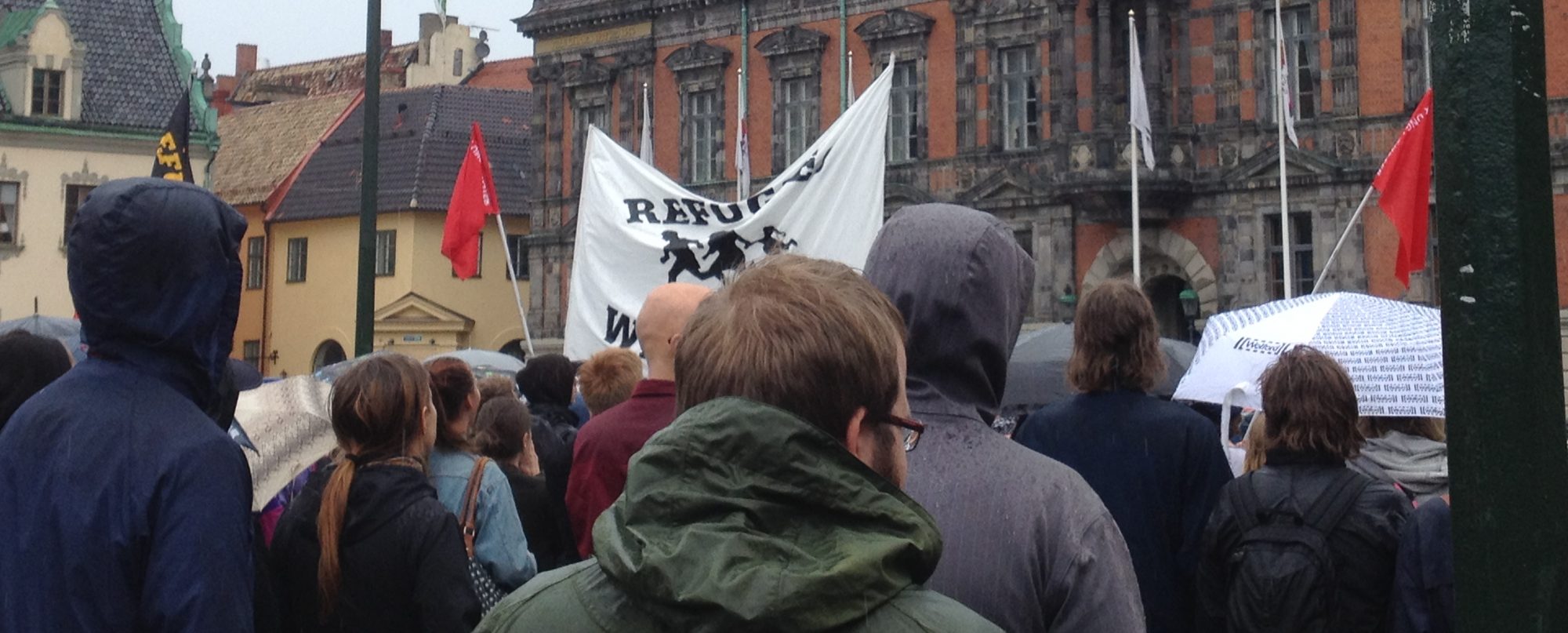Aminkeng Atabong Alemanji: Participatory Creation of Antiracism Mobile Phone Application
With racism continuously changing in forms efforts to combat it needs to be diversified. One way of doing this is to invest in the creation of diverse antiracism methodologies. With four out of five youths in Finland active users of smart phones and various apps on other hand held devices like laptops, this project sets out to combine antiracism efforts and mobile (hand held) technology (via apps) to establish Finland’s first antiracism mobile phone application. Using three existing antiracism apps as practical examples from which to commence discourse, research participants will be introduced to the world of antiracism mobile phone application. Research participants will analyse the pros and cons of each app with the aim of creating a novel app. The study will critically analyse this data along the lines of the user models, approaches and understanding of racism, antiracism methodology, and ICT in education. The outcome of this analysis will represent both the theoretical background of the first antiracism mobile application as well as provide reference to future developments in antiracism interventions and services. Using participatory action research methodology, the research participants will play a major role with respect to the form and content of the novel app.
Suvi Keskinen: Postethnic Activism in the Neoliberal Era
Keskinen analyses postethnic activism, in which people mobilise on basis of shared position as racialised and ‘othered’ minorities, instead of specific ethnic belonging. Based on data from three Nordic countries (Sweden, Denmark and Finland), Keskinen analyses the political subjectivities, social imaginaries and alliance-building that are created in postethnic activism. The research examines the ways that neoliberal political rationalities shape the contours of activism and how such rationalities are negotiated, made use of, questioned and resisted by activists. Moreover, it analyses the social imaginaries of gender, belonging, nation, history, community and solidarity elaborated in these activities.
Nelli Ruotsalainen: Contesting Normative Whiteness in the Finnish Feminist Movement
Ruotsalainen’s sub-project focuses on feminist activism in Finland. In her research, she is especially interested in how feminists activists relate to whiteness in Finland as a norm that maintains societal inclusion and exclusion. Through participatory action research methods, Ruotsalainen aims to produce knowledge together with feminist activists, who are not themselves exposed to racism, but who are invested in critically analyzing and subverting societal power relations and thus develop anti-racist practices.The sub-project examines both the activists themselves who, through their positions as white in Finland, are complicit in the (re)production of racialized hierarchies, and the practices through which they seek to question and undermine those racialized power relations.
Amiirah Salleh-Hoddin: Racial Conceptualisations and Categorisations in Statistics: a Participatory Approach towards Developing Racial Equality Data in Finland
The sub-project aims to address the knowledge gap on racial inequalities in Finland and more specifically start the process of developing Racial Equality Data (RED) in Finland in dialogue with research, civil society actors and policy makers. Increased societal discussions on issues of structural racial inequalities have highlighted the inadequacies of currently available data to identify, let alone address them. The constructions of race and ethnicity are exceptionally important when it comes to issues of equality and discrimination, and the ways in which they are legislated and monitored through official statistics. RED is an equality tool which involves the collection of data according to specific equality data principles, and which are disaggregated by ‘race’ to assess the comparative situation of a specific discriminated group or group(s) at risk of discrimination. Rather than being an attempt at top-down racial categorisation, it is a method of collecting information on groups at risk of discrimination in an ethical way, and used as an equality tool for anti-racist and anti-discrimination legislation.
This pioneering project answers the call long made by academics and activists to fill the research and societal gap in data on racial inequalities and contributes towards anti-racist knowledge and efforts in Finland. Using the participatory action research method, local civil society actors are consulted throughout the research process, with the goal of creating explicit social change, and guided by the following research goals: understanding racial conceptualisations and negotiations of racial categorisation, and recognising the production of knowledge by racialised minorities in Finland.
Minna Seikkula: Intersectional border struggles in migrant rights activism
The sub-project explores action that challenges border politics and articulates migrants’ rights. Acknowledging the participation of citizens and non-citizens, permanent residents of various backgrounds and newcomers themselves in border struggles, the project investigates how racialised, classed, gendered, religious and aged positionalities shape the participants’ attempts to navigate and challenge migration restrictions and the European border regime.
The study asks how the intersectional positionalities of people taking a prominent role in solidarity work and migrant activism shape border struggles. In practice, the project focuses on border struggles by people with irregular status and their allies as it comes to strategies of legalization through other residence permit types than humanitarian residence permits. The study will observe what kind of agencies are encouraged and required from differently positioned persons in order to navigate among the migration regulations (e.g. work permit). At the same time, the study seeks to ally with people participating in border struggles as well as to contribute to the knowledge resources to support actions that challenge border politics.
